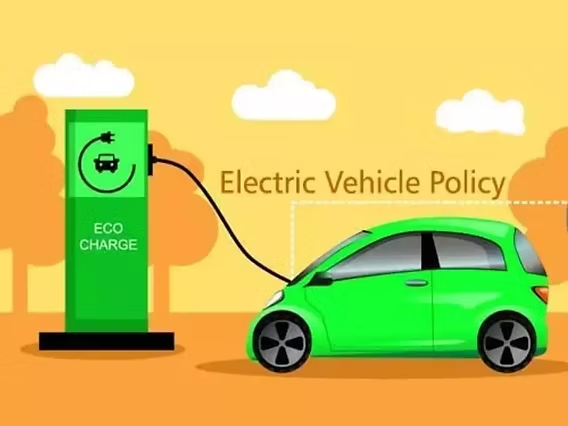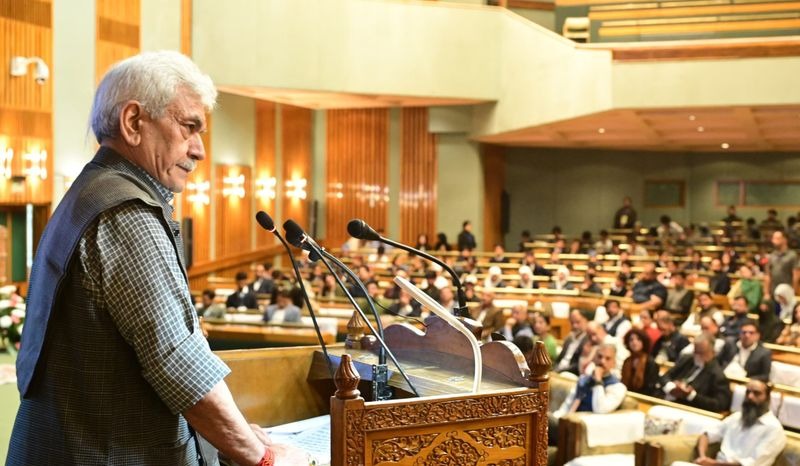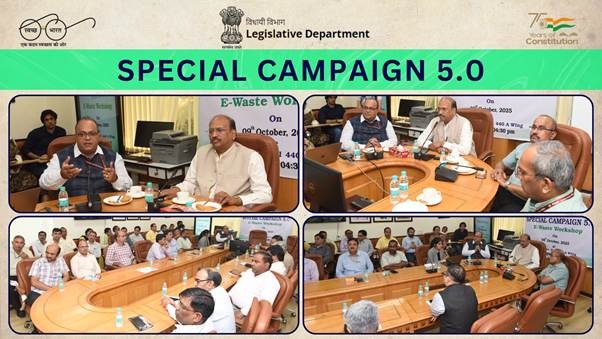The Indian government has finalized its new Electric Vehicle (EV) Policy, aiming to accelerate EV adoption, boost local manufacturing, and enhance charging infrastructure. The policy introduces tax exemptions, subsidies, and regulatory mandates to position India as a global leader in sustainable mobility.
Key Highlights
Reduced Import Tariffs for EVs:
-
Companies can import EVs priced at $35,000 or above at a reduced tariff for five years.
-
A maximum of 8,000 EVs per year can be imported under this scheme.
Local Manufacturing Mandates:
-
Companies must begin EV production within three years of approval.
-
They must achieve 25% local content in cars within three years and 50% in five years.
Investment Considerations: Investments in building, machinery, research, and charging networks will be considered to a limited extent.
Industry Interest: Major automakers like Mercedes-Benz, Volkswagen, Skoda, Hyundai, and Kia have expressed interest in the policy.
Charging Infrastructure Expansion:
-
Highway charging stations will be set up every 25 km, ensuring nationwide accessibility.
-
New residential buildings must include EV charging facilities.
Government Fleet Electrification:
-
All new government vehicles for city use must be electric.
-
50% of city utility vehicles in major metros like Mumbai, Pune, and Nagpur must transition to EVs.
Environmental Impact: The policy aims to reduce PM 2.5 emissions by 325 tonnes and cut greenhouse gas emissions by 1 million tonnes by 2030.
Industry Growth & R&D Support:
-
₹15 crore allocated for battery innovation and EV-to-grid integration research.
-
Automated Testing Stations will be set up to ensure quality control for EVs.
India’s EV Policy 2025 sets the stage for rapid electrification, reinforcing the country’s commitment to clean energy and sustainable transportation.
Source: MSN, Free Press Journal, DriveSpark, and Team-BHP.







